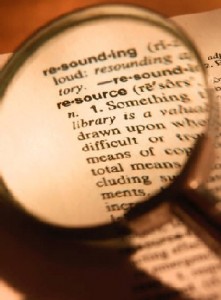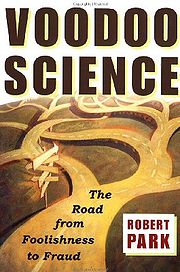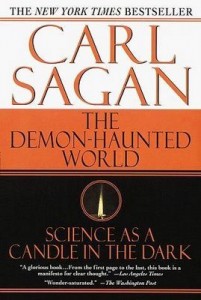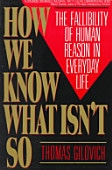 There are many good on-line resources to help people learn about the importance of science in medicine. Prior to the advent of good scientific trials (in the mid-20th century), medicine was a haphazard mix of guess, observation, and trial and error. Subsequent to its development, medical advances have exploded, and many new, effective treatments have been developed.
There are many good on-line resources to help people learn about the importance of science in medicine. Prior to the advent of good scientific trials (in the mid-20th century), medicine was a haphazard mix of guess, observation, and trial and error. Subsequent to its development, medical advances have exploded, and many new, effective treatments have been developed.
I recommend taking a look at the following links to help increase your understanding of why science is so important to medicine, and, conversely, why ineffective treatments seems to persist for so long.
WHEN MYTH TRUMPS SCIENCE – Newsweek article that discusses why people cling to outdated and incorrect medical beliefs. CLICK HERE
WHY THERAPIES MAY SEEM TO WORK, EVEN WHEN THEY DON’T – There are many subtle ways that honest and intelligent people can be led to think that a treatment has been effective when, in fact, it has not (this holds true for both the giver and the receiver of the therapy – any therapy). To read this article, about how people can be misled about the effectiveness of therapies, CLICK HERE.
SCIENCE-BASED MEDICINE – Exploring issues and controversies in the relationship between science and medicine. CLICK HERE
CENTRE FOR EVIDENCE-BASED MEDICINE – Located in Oxford in the UK, the Centre for EBM aims “develop, teach and promote evidence-based health care and provide support and resources to doctors and health care professionals to help maintain the highest standards of medicine.” Much good information and many resources available. CLICK HERE
BANDOLIER – Evidence-based thinking about health care, from the UK, written by Oxford scientists, started in 1994. CLICK HERE
BOOKS – If you’re really interested in reading more about science and medicine, check out any of the following books.
From Publisher’s Weekly – “With examples ranging from the spread of AIDS to the weight of Scholastic Aptitude Test scores, he [Thomas Gilovich] skewers popular but mistaken assumptions. Faulty reasoning from incomplete or ambiguous data, a tendency to seek out “hypothesis-confirming evidence” and the habit of self-serving belief are among the factors Gilovich pinpoints in his sophisticated analysis.” CLICK HERE TO ORDER
 From HealthWatch Newsletter – “I would like to make this book compulsory reading for medical students in their first year … With brilliant insight and clarity of prose, [Park] describes the inevitable consequences of a debate between the true believer and sceptics … This book was a joy and an entertainment.”
From HealthWatch Newsletter – “I would like to make this book compulsory reading for medical students in their first year … With brilliant insight and clarity of prose, [Park] describes the inevitable consequences of a debate between the true believer and sceptics … This book was a joy and an entertainment.”
 From Amazon.com Reviews, a classic from one of the great popular scientists of the 20th century – “Carl Sagan muses on the current state of scientific thought, which offers him marvelous opportunities to entertain us with his own childhood experiences, the newspaper morgues, UFO stories, and the assorted flotsam and jetsam of pseudoscience. Along the way he debunks alien abduction, faith-healing, and channeling; refutes the arguments that science destroys spirituality, and provides a ‘baloney detection kit’ for thinking through political, social, religious, and other issues.” CLICK HERE TO ORDER
From Amazon.com Reviews, a classic from one of the great popular scientists of the 20th century – “Carl Sagan muses on the current state of scientific thought, which offers him marvelous opportunities to entertain us with his own childhood experiences, the newspaper morgues, UFO stories, and the assorted flotsam and jetsam of pseudoscience. Along the way he debunks alien abduction, faith-healing, and channeling; refutes the arguments that science destroys spirituality, and provides a ‘baloney detection kit’ for thinking through political, social, religious, and other issues.” CLICK HERE TO ORDER


